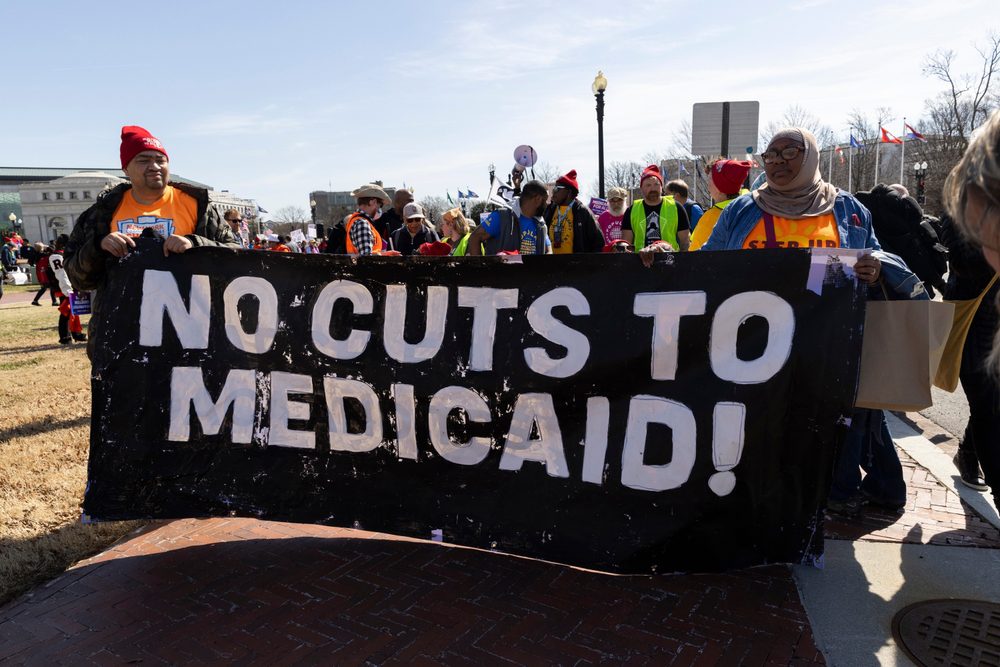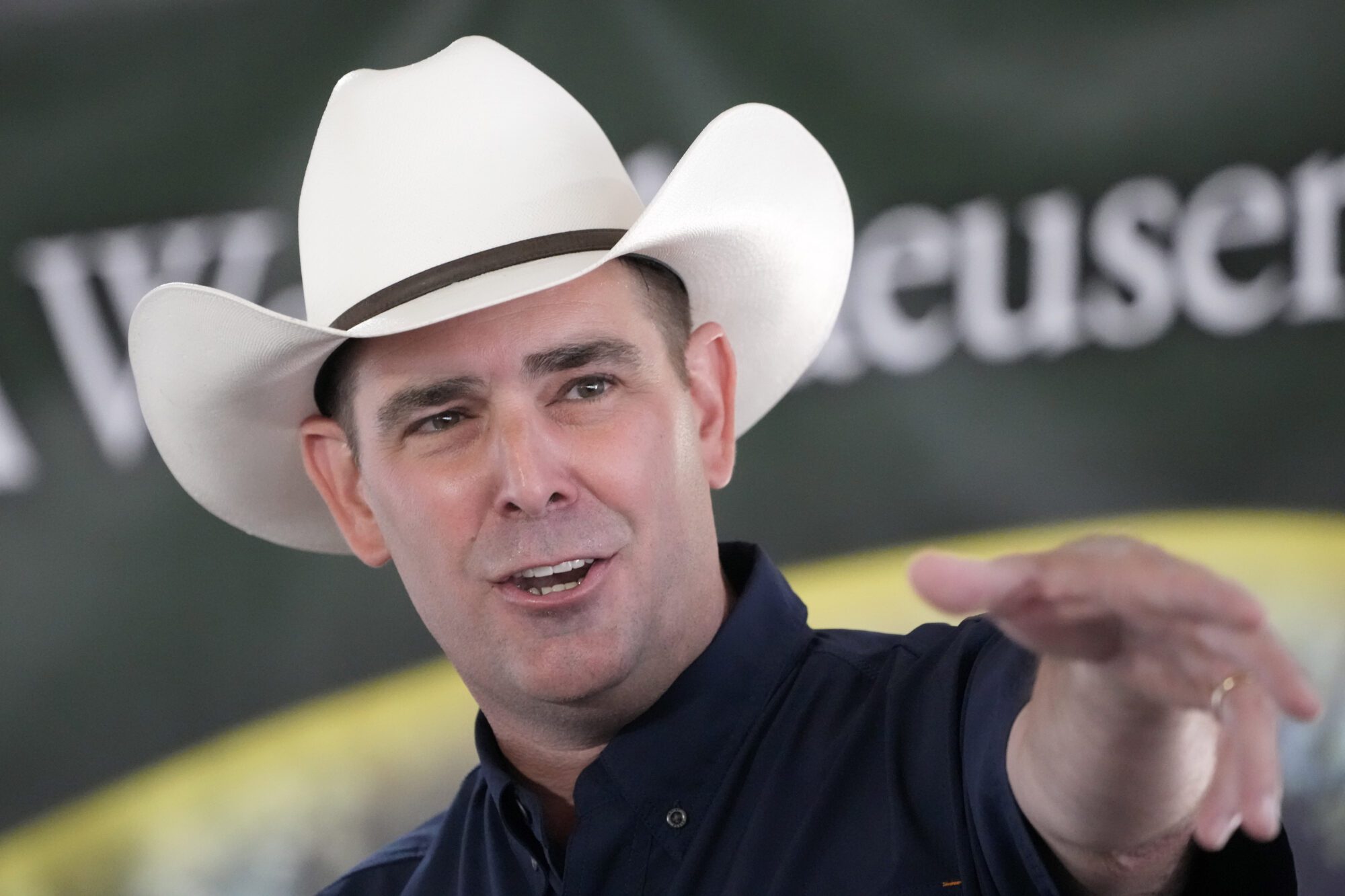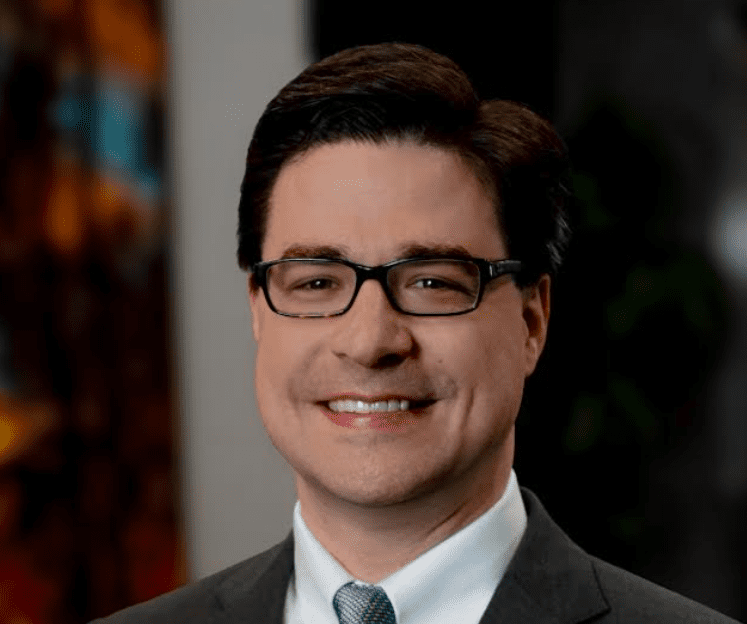
- Proponents of Medicaid expansion have proposed work requirements and also preventing people with private insurance from dropping coverage as a way of limiting expansion enrollment. The only problem is that neither is a realistic possibility. Mississippi will get full-blown Medicaid expansion if the Legislature chooses to act.
When Obamacare passed in 2010, one of its primary components was an expansion of Medicaid to cover able-bodied adults without dependents. It also increased income thresholds to 138 percent of the Federal Poverty Level (FPL). Fourteen years later, the Mississippi Legislature is considering whether to enact that expansion.
Opponents of Medicaid expansion have argued expansion will: (1) be costly to taxpayers; (2) primarily benefit adults who choose either not to work, or not to work full-time; (3) make it harder for already vulnerable populations to access healthcare by crowding out a physician-depleted marketplace; and (4) force people with private health insurance onto the welfare program.
Perhaps recognizing the truth of those criticisms, two “narrowing” proposals have emerged. The first is to include a work requirement for people made eligible for Medicaid under expansion. The second is to prevent people with private insurance from dropping their coverage for a period of twelve months.
On their face, these may sound like pragmatic compromises. The problem is that neither is realistically possible.
However, if the Legislature is convinced both can be done, there is a simple solution: apply for waivers with Center for Medicare and Medicaid Services (CMS) and make any expansion contingent upon their approval. Easy peasy. What does not make sense is passing full expansion in hopes that something we know is unlikely manifests at a future date.
Work Requirements Not Presently Possible
A series of court cases, as well as a Biden administration CMS that has clearly signaled it will not approve any work requirements for Medicaid, stand in Mississippi’s way in implementing a work requirement.
There is no federal work requirement for the Medicaid program. During the Trump administration, 13 states received approval to require Medicaid enrollees to work. Of those 13 states, Arkansas was the only one to implement the work requirements and terminate coverage.
Arkansas disenrolled 18,000 people before a federal court struck down the work requirement in 2019. Judge James Boasberg ruled the work requirement was inconsistent with the stated purpose of Medicaid under federal law. A similar ruling was made with respect to a Kentucky work requirement. The decisions were upheld unanimously by a federal appeals court in 2020.
To compound the legal rulings, within days of President Joe Biden taking office, he signed an executive order asking CMS to re-evaluate limiting policies like work requirements. Guidance on CMS’s website inviting states to submit work requirement waivers was removed. And CMS began sending out notices withdrawing work requirement approvals.
A CMS spokesperson at the time explained “Medicaid’s primary objective, as set out by Congress, is to provide medical assistance in order to serve the health and wellness needs of our nation’s vulnerable and low-income individuals and families, based on need, not based on one’s ability to find work.”
The likelihood of the same Biden administration that has withdrawn work requirement approvals granting a new work requirement is virtually nil. And even if a Republican retakes the White House in 2025, the legal precedent against work requirements still lingers as a hurdle.
The Legislature Cannot Feasibly Stop Private Insurance from Being Dropped
In every state that has expanded Medicaid, enrollment and costs have been woefully underestimated. A big reason for this miscalculation is that Medicaid expansion ends up covering not just the uninsured, but ends up forcing people off of private health insurance plans onto the welfare program. A study by actuary Milliman in Florida found that a whopping 65 percent of the Sunshine State’s expansion population would come from people who presently have private insurance.
The two pockets of privately insured that end up on Medicaid post-expansion are: (1) people who are currently getting individual private plans through the ACA exchange; and (2) people who receive voluntary coverage through small business employers.
In non-expansion states like Mississippi, people with incomes between 100-150 percent of federal poverty level are eligible for fully-subsidized private health plans on the ACA exchange. Under the law, eligibility for this benefit is limited to people who do not have other affordable coverage options.
In expansion states, however, eligibility for the ACA exchange starts at 138 percent of federal poverty level. Someone earning between 100-138 percent of FPL level with a private exchange plan literally cannot stay on that plan if expansion occurs. Absent some unique waiver from CMS, the state of Mississippi cannot simply override ACA eligibility standards.
Take Louisiana as a case study. In 2016, the year it expanded Medicaid, there were an estimated 100,000 Louisianans earning between 100-150 percent of the federal poverty level with private plans on the ACA exchange. Fast forward to 2019, and the number of people in this income range on the ACA exchange has dropped by 80 percent to 20,000. They moved to Medicaid. Louisiana now has the second lowest incidence of private health insurance plans in the nation.
This brings us to the second group susceptible to losing private health insurance in expansion states — people who work for small businesses. 87 percent of all private health insurance plans in Mississippi are employer-sponsored plans.
Small businesses are not required to offer health insurance to their employees under the ACA. Many do as a perk to employees. But if employees can access Medicaid that becomes a savings to low-margin small businesses. In these instances, it would not be the choice of the individual employee with a private plan to drop coverage, but a choice by their employer.
Short of mandating that small businesses maintain health insurance coverage — something not even Obamacare was bold enough to force — it is difficult to see how the state could prevent this type of private coverage from being dropped. Even a Draconian mandate, though, would not prevent layoffs that would leave the individual without insurance.
In both cases, it is not as simple as just declaring that we are going to stop anyone with private insurance from dropping it for twelve months. It’s either not possible, in the case of the ACA exchange, or not realistic, absent truly unprecedented private sector interference, in the case of employer-sponsored small business plans.
The End Game
Knowing on the front end that efforts to limit the expansion population to uninsured workers will very likely fail, means knowing on the front end that what the Legislature is really considering right now is full Medicaid expansion. If Medicaid expansion passes, the Legislature will not be able to blame CMS for not approving work requirements at a later date, or the Division of Medicaid for not being able to keep people who previously had private insurance off of Medicaid. The unlikeliness of both of those things is knowable now, before passage. Rushing into something this big with eyes wide shut will not be an excuse.











